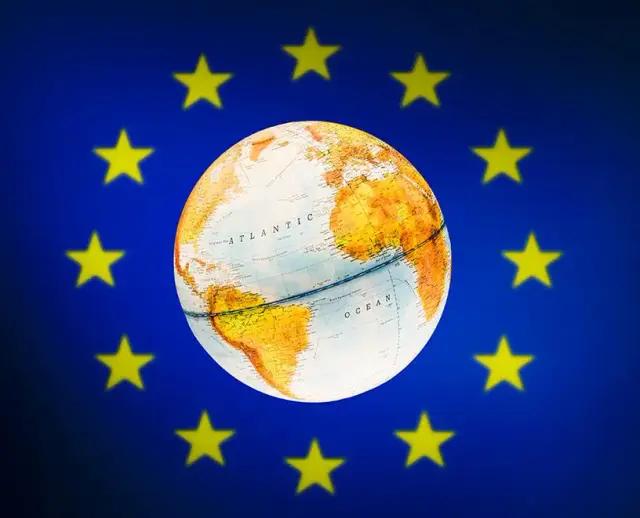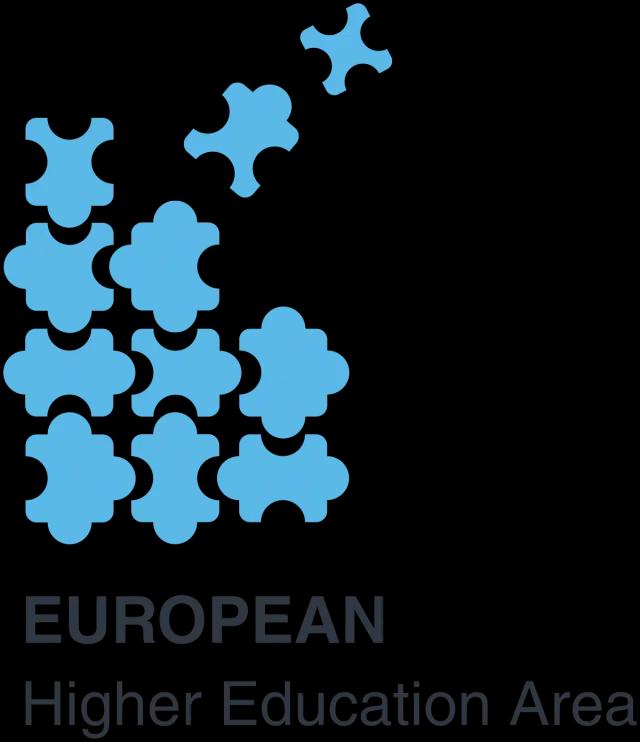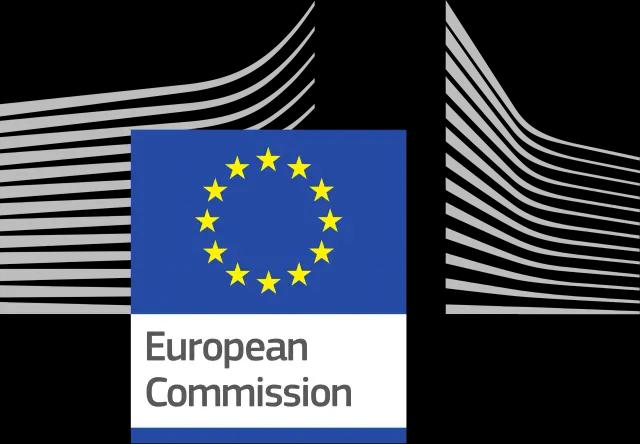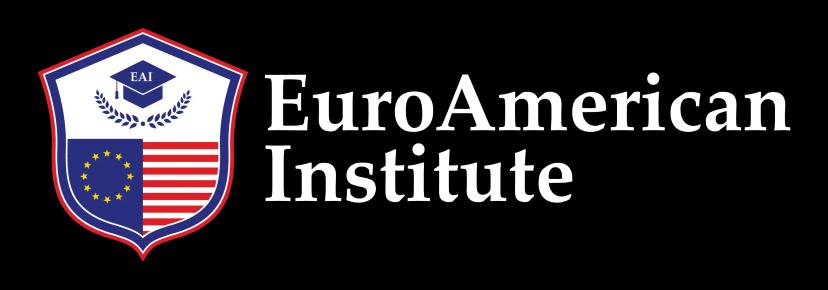Accreditation & Memberships
Accreditation & Memberships
Accreditations, Regulatory Framework, and Memberships
The EuroAmerican Institute (EAI), Malta, is a key member of the educational conglomerate - the EuroAmerican Education Group that encompasses several institutions and universities, including the European Institute of Management and Technology, Switzerland, the London School of Management and Technology, United Kingdom, and Birchwood University, USA. The EuroAmerican Education Group was established by a team of distinguished educationists working in academia with the express purpose of providing meaningful learning opportunities to students around the world, enabling them to earn accredited degree qualifications at the undergraduate and postgraduate levels. The EuroAmerican Education Group has since then worked to set up institutions in the USA, France, Germany, and the United Kingdom to further its mission of providing quality international educational opportunities globally.
Collegiate Institutes (CI) at the EuroAmerican Institute (EAI), Malta, draw their inspiration from some of the world's top universities. The EAI Learning Management System (LMS) is used by these Collegiate Institutes (CI), which are organisations of professors, teachers, and administrators to provide approved modules and programmes. An essential aspect of every institute's teaching team is the institute Dean, who also serves as a teaching faculty member in the institute.
Malta Further & Higher Education Authority (MFHEA)
MFHEA is the Malta National Authority responsible for setting and updating the Malta Qualifications Framework, setting standards for the different qualification levels, accrediting courses at different MQF levels, and ensuring that the national quality assurance framework is upheld by all further and higher education providers in Malta. The Malta Further and Higher Education Authority (MFHEA), which is partly funded by the European Commission and the European Union, enforces ESG 2015 to enhance the quality of further and higher education.

European and Worldwide Accreditations
The Convention on the Recognition of Qualifications Concerning Higher Education in the European Region (ETS No. 165), also known as the Lisbon Recognition. Convention (LRC), ensures the recognition of the EAI degrees and awards by approximately 57 countries that are signatories to the convention and are under treaty obligation. A full list of signatory countries can be found on the Council of Europe website. Similarly, the Global Convention on the Recognition of Qualifications Concerning Higher Education, adopted by The General Conference of the United Nations Educational, Scientific and Cultural Organisation (UNESCO) at its 40th session in Paris (12-27 November 2019), further strengthens and promotes international mobility by ensuring the recognition of the qualifications approved by National Accreditation Authorities of member states at a global level. Details of the convention are available on the UNESCO website.

European Higher Education Area (EHEA)
These 49 countries implement higher education reforms based on common key values, such as freedom of expression, institutional autonomy, independent student unions, academic freedom, and free movement of students and staff. Through this process, countries, institutions, and stakeholders across the European area continuously adapt their higher education systems, enhancing compatibility and strengthening their quality assurance mechanisms.

Bologna Process
The EHEA focuses on the implementation of three key commitments through peer support:
- A three-cycle system aligns with the overarching framework of EHEA qualifications, with first and second cycle degrees scaled by ECTS.
- Compliance with the Lisbon Recognition Convention.
- Quality assurance in accordance with the Standards and Guidelines for Quality Assurance in the European Higher Education Area.

ENIC-NARIC Networks
A national information centre (ENIC, or ENIC-NARIC) is an entity established by each party to the Convention on the Recognition of Qualifications Concerning Higher Education in the European Region (commonly known as the Lisbon Recognition Convention-LRC) by its Article IX.2(1). The European Network of National Information Centres (ENIC Network) was established in 1994, in close collaboration with UNESCO and the Council of Europe as Co-Secretariats. It complies with Articles X.1(b) and X.3 of the LRC.
The National Academic Recognition Information Centres (NARIC) Network was established in 1984, with the European Commission as its secretariat. The NARIC Network has a similar mandate to the ENIC Network but within the context of the European Union. An EAI qualification holder can seek recognition worldwide through the ENIC-Naric network, owing to its recognition by the MFHEA.
An EAI degree holder can seek recognition worldwide from the ENIC-Naric network owing to the recognition by the MFHEA.

World Education Services
Degrees awarded under MFHEA accreditation are globally respected and consistently receive positive evaluation outcomes from the World Education Services (WES), a leading international credential assessment authority. This global recognition ensures that our graduates can confidently pursue further studies, professional licensure, and career opportunities worldwide.
In addition, Euro American Institute, Malta, is a registered WES Digital Partner. Through this partnership, we can transmit verified student academic records and credentials directly to WES electronically, ensuring secure delivery, authenticity, and significant time savings for students. This digital integration eliminates postal delays and enhances transparency in the credential verification process—a hallmark of our commitment to international academic mobility and trust.

European Commission
Legalisation
The EuroAmerican Institute (EAI), established in Malta, is a higher education institute offering accredited degrees under the aegis of Malta's laws, regulations, and authorities.
The diploma and transcript of the programme of study from the EAI will be authenticated and registered by a Maltese Public notary. If required, the same shall be Apostilled. An apostille is a seal applied to a certified document to signify its legal authenticity for international use under the terms of the 1961 Hague Convention fulfilling the requirement of authenticity and Legalisation for Foreign Public Documents. For countries not part of the 1961 Hague Convention, the documents may be authenticated by the Embassy or Consulate of the particular Country in Malta (if applicable).


